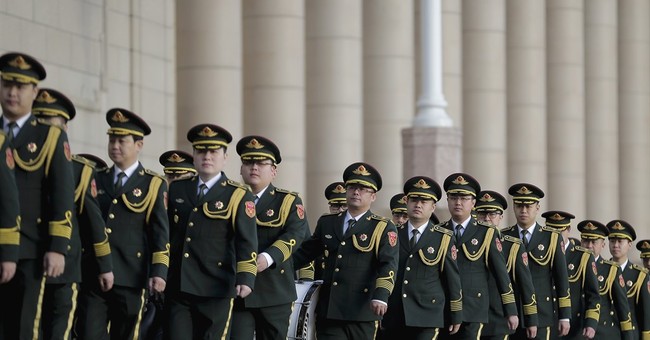China Builds First African Military Installation, Wants To Be A Maritime Power

It was February this year when camel drivers first spotted the Chinese troops staking out a patch of coastal scrubland about 8 miles from the largest U.S. military base in Africa. […]
Due for completion next year, the naval outpost is expected to feature weapons stores, ship and helicopter maintenance facilities and possibly a small contingent of Chinese marines or special forces, according to foreign officers and experts monitoring its development. Its cluster of low-rise concrete buildings and shipping containers, some with Chinese flags, offers the most tangible sign yet of China’s strategy to extend its military reach across the Indian Ocean and beyond.
[…]
In doing so, China is accelerating its transformation from an isolationist, continental nation to a global maritime power, a move that could challenge Western security partnerships that have underpinned the world order since 1945.
[…]
Hawkish Chinese officers have long called for foreign bases. Only recently was the idea incorporated into official publications on strategy, including a 2013 book produced by the People’s Liberation Army Academy of Military Science. It calls for China to establish “necessary overseas supply points and a limited force presence” abroad to protect lines of communication and “exert political and military influence in relevant regions.”


No comments:
Post a Comment